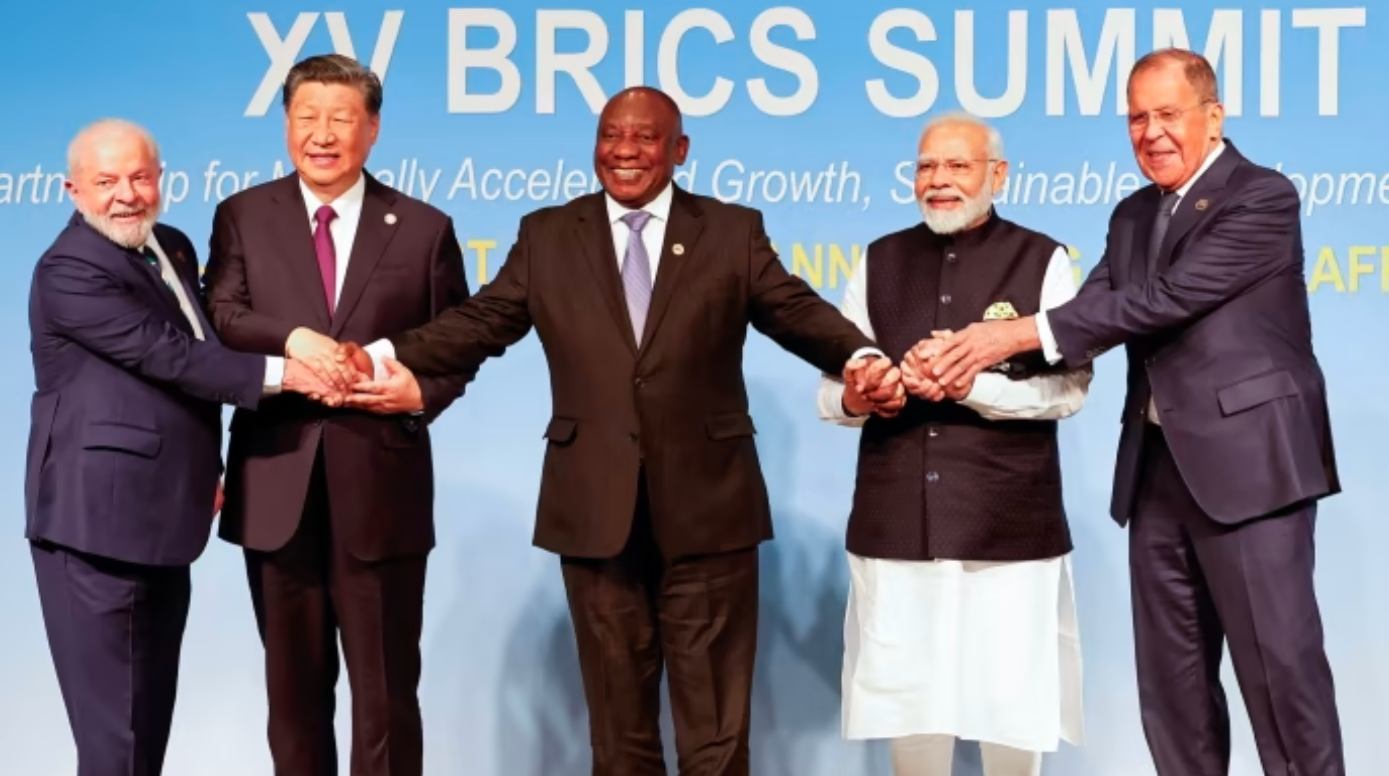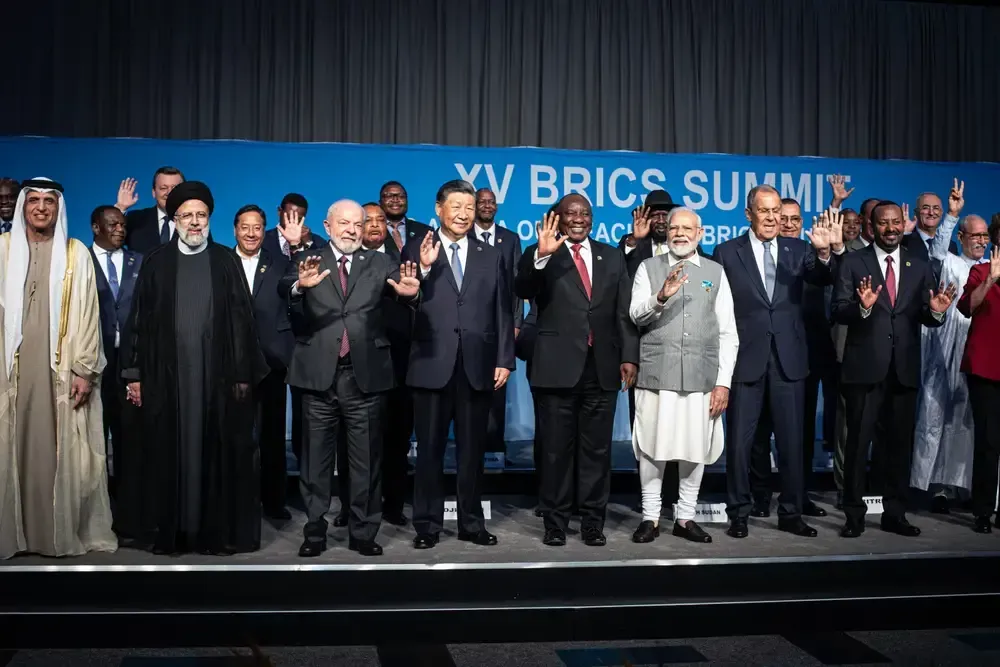READ MORE BELOW
Originally from: mensjournal.com
With people becoming disillusioned with the stock market and the crypto industry, another option attracting attention from central banks and individuals alike — gold.
The current economic landscape has been besieged with fears and worries. One such fear is that the stock market, which has been the vehicle for many people’s retirement, is too risky of an investment. Other options are available, such as crypto investing, but scams seem to lurk in every corner of this space. Additionally, this nascent industry is too volatile for someone seeking a safe retirement option. With so many people becoming disillusioned with the stock market and the crypto industry, another option seems to be attracting attention from central banks and individuals alike: gold.
Gold has long been considered a sign of wealth and success. It has been an important commodity in many cultures for centuries, with people trusting it to be the safest type of investment. But is it still so today? Can we still jump on the bandwagon and trust gold to stand the test of time?
Alexander Spellane believes there's never been a better time to invest in gold. In fact, he believes nothing is more manly than buying gold for several reasons, the main one being that it's the only form of money that doesn't rely on any government or institution for its value. Alexander is the CEO of Fisher Capital Group, a booming precious metal retailer company in the US, and has witnessed several indicators it's time to go for gold, literally.
Central banks are buying gold right now. The United States Central Bank has the largest gold reserves, 8,133.5 metric tons (MT), valued at US$528 billion. Germany comes second with 3,358.5 MT of gold, Italy third with 2,451.84 MT, France fourth with 2,436.5 MT, and Russia fifth with 2,301.64 MT. China, Switzerland, Japan, India, and the Netherlands hold positions six, seven, eight, nine, and ten, respectively. The IMF currently holds 2,814 MT, the third largest gold reserve in size.
Sepllane says the reasons for the central banks investing in gold are pretty similar to what other precious metal investors consider before investing. These are liquidity, independence from fiat currencies, a safe haven, a hedge against inflation, lack of risk, and diversification.
One question to ask before investing is always how liquid it is, i.e., whether people can easily buy or sell it at any time. Gold is one of the most liquid assets in the world because it has a wide variety of buyers and sellers around the globe. Gold also has no counterparty risk, meaning that when you buy gold, you maintain complete ownership and possession, as opposed to a third party holding custody of your assets.
Tax advantages are another reason to invest in gold. In the event of a retirement, a person's Social Security benefits may still be subject to income tax. However, it is possible to purchase gold through a self-directed IRA and reap the benefits of all the tax advantages of this type of account. Self-directed IRAs offer you much more flexibility than your typical 401k or Roth IRA, and your tax and investment advisor can help you make the best choice.
People have the right to take control of their finances. With the volatility in the economic landscape, diversifying your portfolio can help you minimize the hits you take should an investment fail. Spellane adds that holding gold and other precious metals also just feels good.

FREE GOLD IRA KIT
ORDER YOUR FREE PRECIOUS METAL AND GOLD IRA KIT
FREE GOLD IRA KIT
ORDER YOUR FREE PRECIOUS METAL AND GOLD IRA KIT
"Our mission is to help every family in America enjoy a secure and wealthy future, free of financial worry."
- Fisher Capital Group
FISHER CAPITAL GROUP
The content of the website is for informational purposes only and may contain errors. Fisher Capital does not give tax, financial or legal advice nor advise as to the potential tax, financial or legal implications of purchasing and/or selling precious metals products in an Individual Retirement Account or otherwise. It is important that you consult your own tax, financial and legal advisors with any questions about the potential tax, financial and/or legal implications of any precious metals purchase or sale. Fisher Capital cannot warrant or guarantee that any precious metals products that it sells will appreciate at all or can be sold for a profit. Fisher Capital cannot predict the future value of any precious metals products it sells, which are speculative and unregulated, and could cause you to lose money. The past performance of any precious metals products Fisher Capital sells does not guarantee future results. Fisher Capital does not guarantee it will buy-back any item it sells. It is Fisher Capital’s view that precious metals should be considered a long-term investment, and that you should be prepared and willing to hold any purchased precious metals for a period of at least 3 – 5 years before selling them. Fisher Capital has no fiduciary duty to you. For questions with regard to this disclaimer or of this website please contact us at 800-617-5373.





